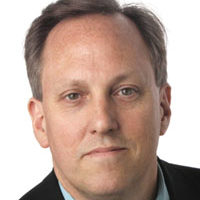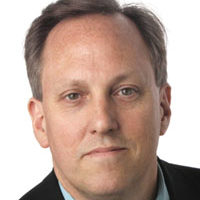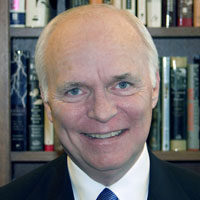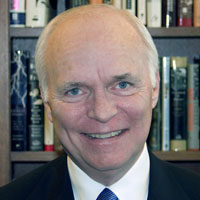TOM JACKMAN
Reporter, The Washington Post
Tom Jackman is a multimedia journalist who has worked at The Washington Post since 1998. Before that he covered crime and courts for The Kansas City Star, where he also wrote a best-selling book about a serial killer, penned a weekly column and hosted a weekly TV show. At the Post, Tom led the trial coverage of the D.C. sniper case, and he was the lead writer on The Post’s breaking news stories about the Virginia Tech massacre, which won a Pulitzer Prize. More recently he has closely covered the issue of police violence and the ongoing prosecution of those who rioted at the Capitol on Jan. 6. The Post’s coverage of the Capitol riot won the 2022 Pulitzer Prize for public service. Tom also writes The Post’s “True Crime” blog covering crime and justice issues nationwide, shooting photos and videos with some stories, and hosts national “Washington Post Live” interviews with top American police officials.






